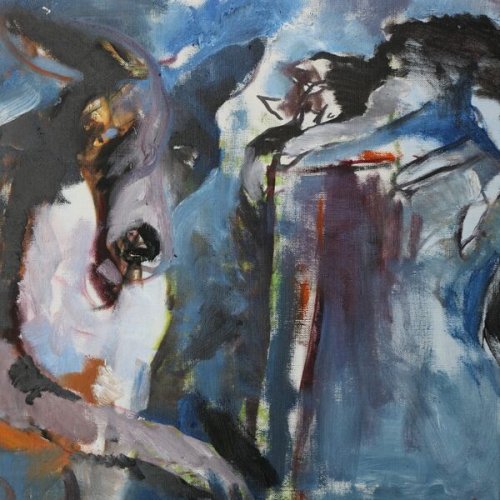Orchestra dell'Accademia Nazionale Di Santa Cecilia - Cinema Concerto: Ennio Morricone a Sante Cecilia (1999)
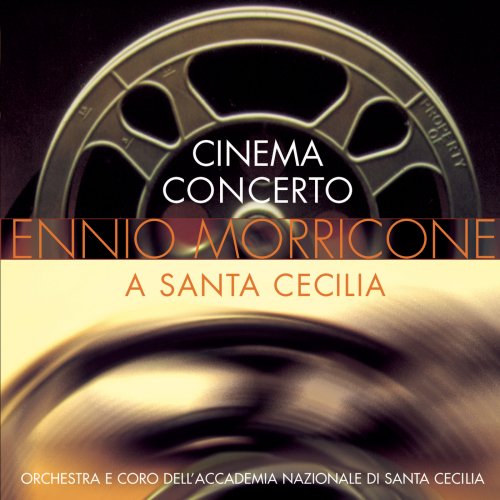
Artist: Orchestra dell'Accademia Nazionale Di Santa Cecilia
Title: Cinema Concerto: Ennio Morricone a Sante Cecilia
Year Of Release: 1999
Label: Sony Classical
Genre: Classical
Quality: FLAC (tracks) / MP3 320 Kbps
Total Time: 01:15:23
Total Size: 350 / 193 Mb
WebSite: Album Preview
Tracklist: Title: Cinema Concerto: Ennio Morricone a Sante Cecilia
Year Of Release: 1999
Label: Sony Classical
Genre: Classical
Quality: FLAC (tracks) / MP3 320 Kbps
Total Time: 01:15:23
Total Size: 350 / 193 Mb
WebSite: Album Preview
1 Uccellacci Uccellini 2:44
2 Per Le Antiche Scale 2:18
3 Bugsy 4:28
4 H2S 2:47
5 Tema Del Cinema (dal Film Nuovo Cinema Paradiso) 2:07
6 Tema D'amore (dal Film Nuovo Cinema Paradiso) 3:13
7 "Ricordare" (dal Film Una Pura Formalità) 3:30
8 Metti Una Sera A Cena 5:47
9 Il Buono, Il Brutto, Il Cattivo (Titoli) 3:02
10 C'era Una Volta Il West 2:53
11 Giù la Testa 4:06
12 Il Buono, Il Brutto, Il Cattivo (L'estasi Dell'oro) 3:38
13 La Battaglia di Algeri 2:28
14 La Ballata di Sacco E Vanzetti 4:55
15 Indagine Su Un Cittadino Al di Sopra di Ogni Sospetto 3:02
16 "A Brisa Do Coração" (dal Film Sostiene Pereira) 3:45
17 La Classe Operaia Va In Paradiso 3:59
18 Vittime di Guerra 5:38
19 "Abolição" (dal Film Quemada!) 5:01
20 "Gabriel's Oboe" (dal Film The Mission) 2:18
21 "On Earth As It Is In Heaven" (dal Film The Mission) 3:53
Performers:
Orchestra dell'Accademia Nazionale di Santa Cecilia, Amedeo Tommasi (synthesizer), Gilda Buttà (synthesizer), Rocco Zifarelli (electric guitar), Angelo Branduardi (vocal), Pier Paolo Pasolini (director), Amedeo Tommasi (and Tape) (synthesizer), Gilda Buttà - Keyboard (and Harpsichord) (synthesizer), Mauro Bolognini (director), Rocco Zifarelli (and Classical) (electric guitar), Rocco Zifarelli (guitar), Barry Levinson (director), Roberto Faenza (director), Giuseppe Tornatore (director), Coro dell'Accademia Nazionale di Sante Cecilia, Giuseppe Patroni Griffi (director), Coro dell''Accademia Nazionale di Santa Cecilia, Nanni Civitenga (bass guitar), Maurizio Dei Lazzaretti (drums), Gemma Bertagnolli (vocal), Sergio Leone (director), Gillo Pontecorvo (director), Coro giovanile dell'Accademia Nazionale di Santa Cecilia, Giuliano Montaldo (director), Dulce Pontes (vocal), Elio Petri (director), Brian De Palma (director), Roland Joffé (director)
Although not as satisfying in terms of overall content as the individual soundtracks, this concert recording of Ennio Morricone film music with the composer leading the Orchestra and Chorus of the Academia Nazionale di Santa Cecilia has its virtues. Among the latter are the superb musicianship of a full-blown classical orchestra and chorus and the exceptionally clean sound, although this also has its flaws -- the quality of the recording is impeccable, although there is a certain lack of presence; producer David Mottley and recording engineer Mike Sheady could have tried for a closer, more intimate sound, although the performance's wit and charm come through along with the virtuosity of the players. The programming is ambitious as far as it goes, encompassing not only such mega-hits as The Mission and the Leone Westerns, but also a handful of lesser-known art house favorites like Burn! in between titles like Casualties of War. Opening with the main title theme and "Love Theme" from Cinema Paradiso, the record moves on through his clever theme from Investigation of a Citizen Above Suspicion and through the more restrained music from Bugsy. "The Good, the Bad, and the Ugly" is transformed into genuine concert music in this setting, with some changes in tempo and emphasis that make it about as appropriate as the music of Respighi -- it opens a Leone quartet of tracks, including music from Once Upon a Time in the West and Duck, You Sucker! (aka A Fistful of Dynamite), concluding with "The Ecstasy of Gold" from The Good, the Bad, and the Ugly. The music is all played (and sung) impeccably, and apart from the lack of presence, which is almost made up for by the cleanness of the sound (check out the overlapping layers of horns and brass on "Love Circle"), the only real flaw is that the programming wasn't longer or more ambitious -- Morricone's 300-plus scores have yielded up serious highlights totaling a lot more than 62 minutes. The annotation is thorough, and the overall disc is sort of essential for fans of the composer; until he conducts a two-hour concert on video, this will be the optimal way in which to hear Morricone's music at its most polished and exalted.
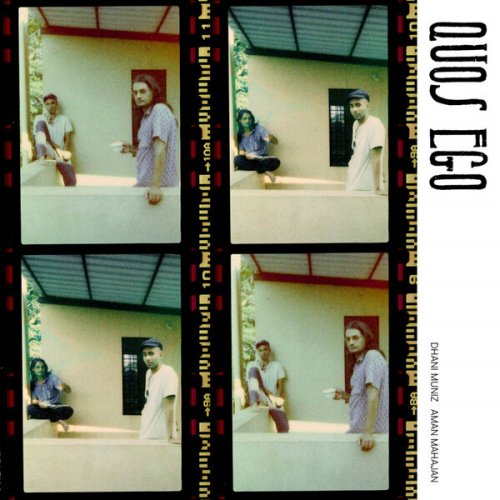
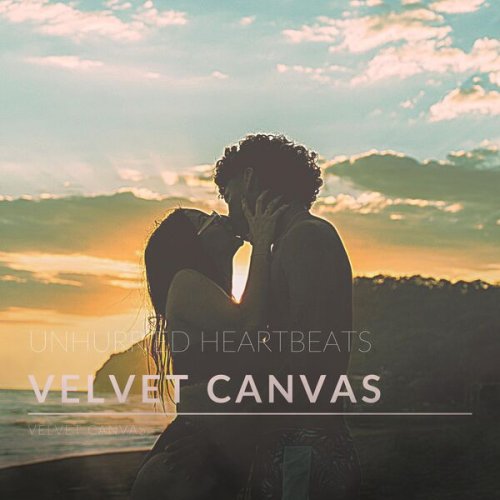
![Greg Foat & Sokratis Votskos with The Giorgos Pappas Trio - Impressions of Samos (2026) [Hi-Res] Greg Foat & Sokratis Votskos with The Giorgos Pappas Trio - Impressions of Samos (2026) [Hi-Res]](https://www.dibpic.com/uploads/posts/2026-02/1771506483_sa4kxxin052ht_600.jpg)
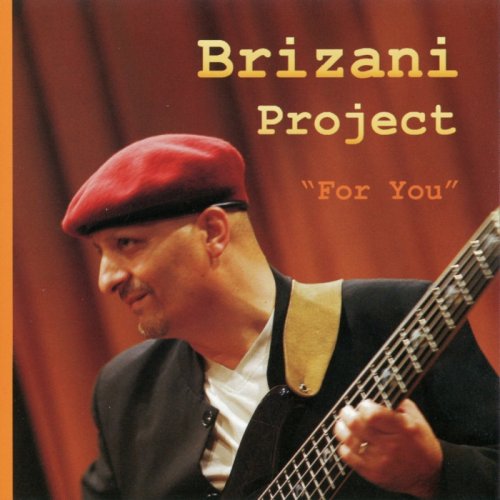
![Æthenor - Hazel (2016) [Hi-Res] Æthenor - Hazel (2016) [Hi-Res]](https://img.israbox.com/img/2026-02/21/u8vm4dsf9wrvmhpl4zso2e791.jpg)
![Mantovani & His Orchestra - The Greatest Gift Is Love (1975/2026) [Hi-Res] Mantovani & His Orchestra - The Greatest Gift Is Love (1975/2026) [Hi-Res]](https://www.dibpic.com/uploads/posts/2026-02/1771524770_cover.jpg)
![Various Artists - Music For A Revolution Vol 2 : Guinea's Syliphone Recording Label (1968-1980) (2026) [Hi-Res] Various Artists - Music For A Revolution Vol 2 : Guinea's Syliphone Recording Label (1968-1980) (2026) [Hi-Res]](https://img.israbox.com/img/2026-02/21/jfwfvpseyfdkg8oktjmsf4l3o.jpg)
![Aaron Quinn - To Be Held (2026) [Hi-Res] Aaron Quinn - To Be Held (2026) [Hi-Res]](https://img.israbox.com/img/2026-02/20/zmwyd3pc4g0fv5hzoz5kht5h3.jpg)
